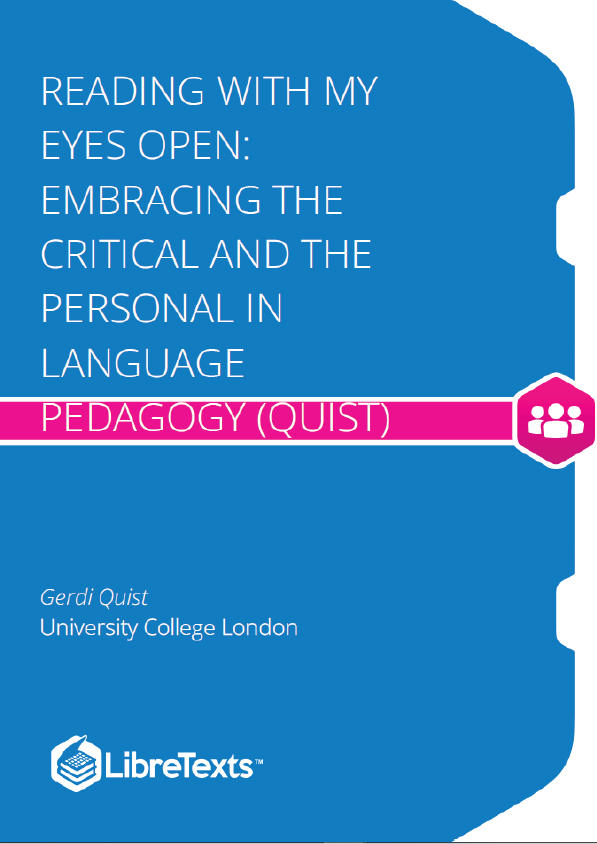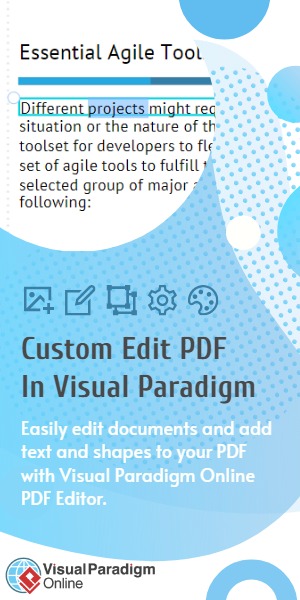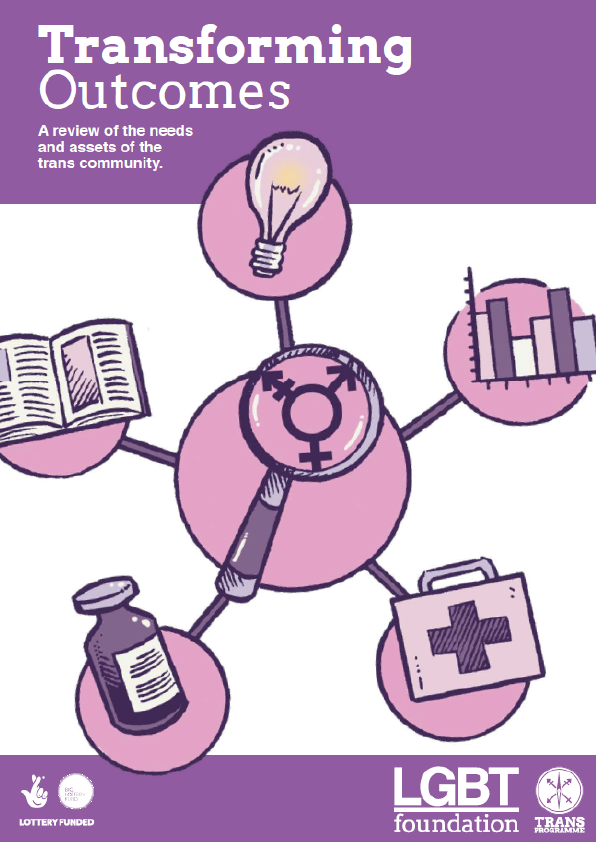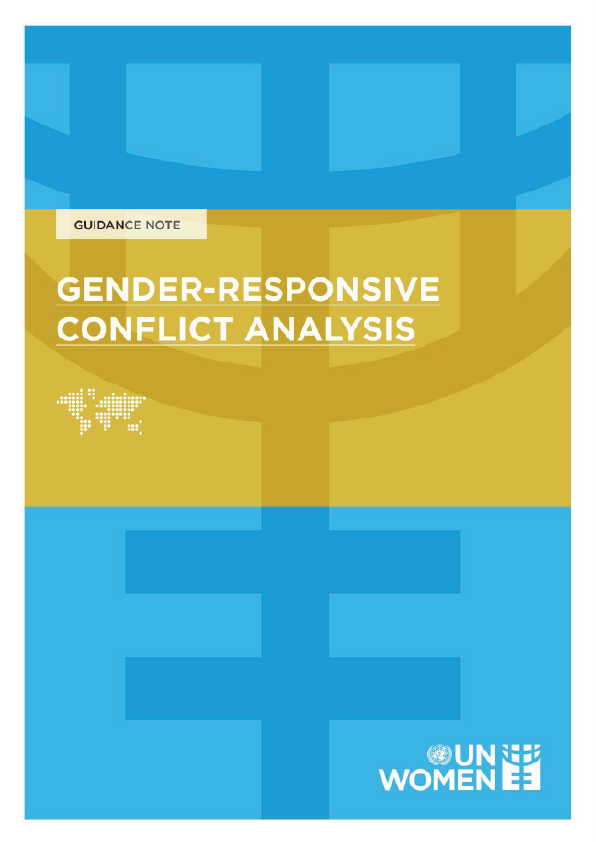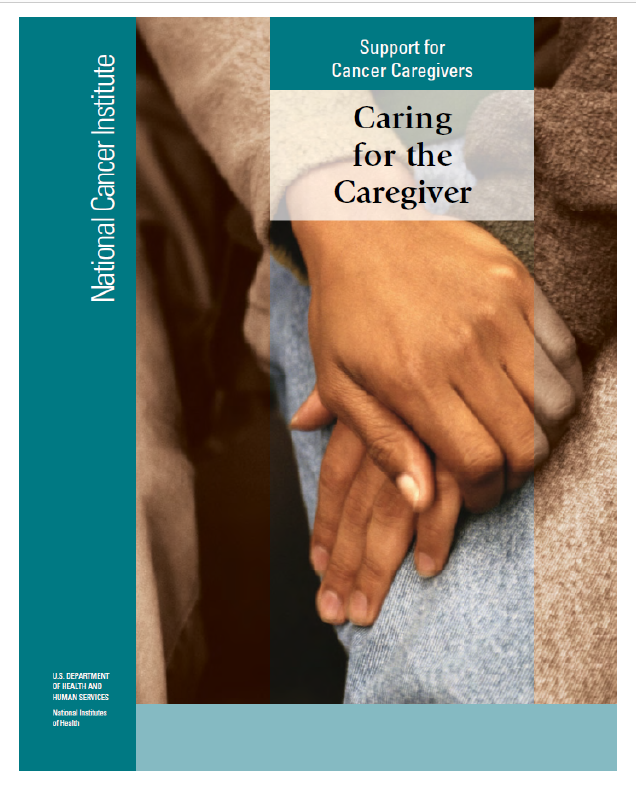Untangling the various approaches to language teaching and their history, Gerdi Quist maps recent thinking in language studies at university. Using an interdisciplinary theoretical framework, drawn from educational philosophy, cultural studies, intercultural studies and language pedagogy, the author discusses the many tensions and currents in contemporary language teaching. The author puts forward an alternative pedagogy, that of a cultuurtekst-perspective, which engages learners at complex linguistic and cultural levels. In discussing the case study in which this approach is tested, the author develops her argument for embracing various critical perspectives through the personal engagement of students. From the start the author acknowledges her own engaged position as a language teacher in a liberal humanistic educational environment. She adopts a self-critical perspective through which her engagement with adverse student reaction leads to deepening insights both for the author and her students as part of the non-linear process of learning. Gerdi Quist teaches Dutch language and lectures on multiculturalism and intercultural communication. Recent publications included a book chapter and journal articles on language pedagogy and intercultural communication.
At the start of this study, in the late 1990s, language teaching at university seemed to be flourishing. Bailey stated in 1994 (p. 41) that language teaching at our universities is thriving because of the mushrooming of language courses at universities, mainly as an extra module available to students of different degree subjects at Language Centres and Institution Wide Language Programmes, and because of the increasing number of modern foreign language degrees where the curriculum displays a greater emphasis on language learning at the expense of literature.
Now, more than a decade later, the situation is very different. Instead, language learning is said to be in crisis. There has been a decline in recent years in the number of student applications for modern languages degree courses except for school leavers from non-state schools. The concern over these falling figures, together with concerns over the funding provision for Modern Languages prompted the Higher Education Funding Council for England to commission a review of language in Higher Education in 2009 to investigate the health of modern languages (Worton, 2009). Worton attributes the decline of students studying modern foreign languages in part to the government’s decision to make languages optional for pupils after the age of fourteen (Worton, 2009: 2). But, there are other reasons. Phipps explains the preference for non-language degrees by the fact that students are exposed to a utilitarian framework that makes a direct link between their decisions about education and the shape of the labour market (2007: 4). Despite marketing attempts by universities and other stakeholders to convince potential students of the pragmatic value of studying modern languages, students are still ‘voting with their feet’, she says. In fact, it may be precisely the emphasis on gaining instrumental skills, which is counter-productive when it comes to considerations of employability. Canning (2009: 1, 2) argues that if university language departments keep on marketing themselves mainly in terms of providing the learner with language skills, employers will offer jobs to native speakers whose skills in that language are supreme, and in addition will have other skills than just linguistic ones. Canning makes a distinction between promoting languages as ‘skill’ and languages as ‘discipline’, the latter giving learners ‘humanities type skills’. He further cites Brumfit’s (2005) rationale for a modern languages degree as ‘giving learners the linguistic tools to behave as critical beings in ‘other’ cultures’. For this intercultural understanding linguistic skills are not sufficient, but language graduates ‘should possess in-depth cultural insights’ (ibid. p.8). Phipps (2007: 35) also argues that the field of foreign languages has made a mistake in seeing languages in purely functionalist and employability terms rather than to embrace the insights of anthropological approaches to culture.
